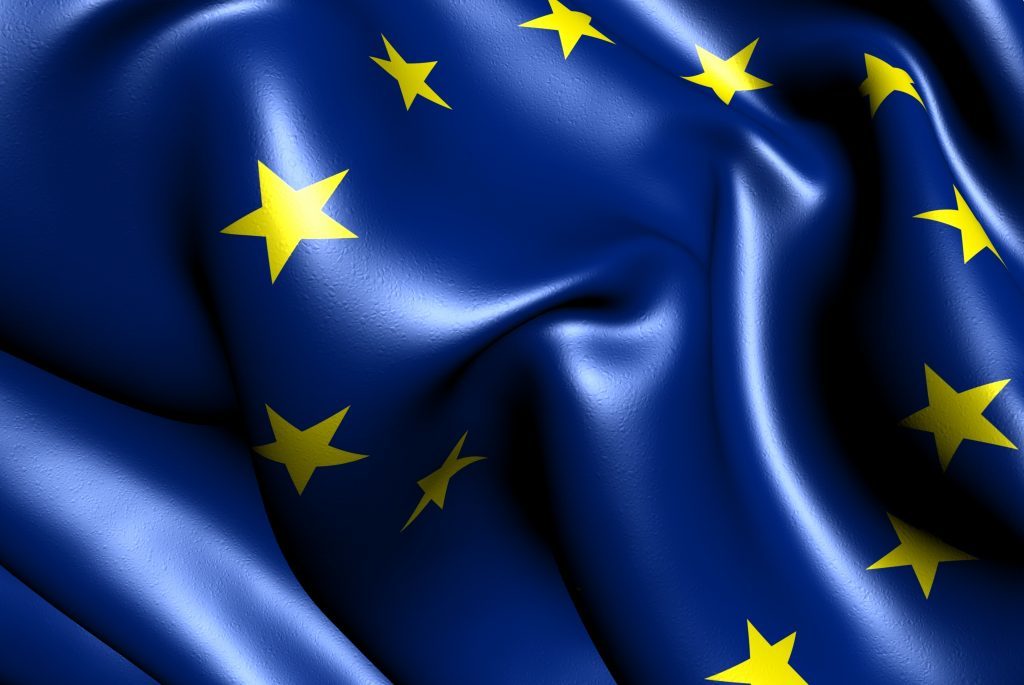
Britain will not be able to enact post-Brexit free trade deals with countries like the United States until proposed temporary customs arrangements with the European Union end, David Davis has admitted.
The Brexit Secretary published plans for a time-limited transition period to ensure businesses on both sides of the Channel only have to adapt once to rule changes on the import and export of goods.
The “future partnership paper” also contained two potential options for a long-term deal once the interim period expires.
The more ambitious option, described as “innovative and unprecedented”, would see Britain “mirroring” Brussels tariffs for goods that will eventually enter the EU to avoid the need for a UK-EU customs border.
Alternatively, a “streamlined” approach would see the UK negotiate agreements with the EU to reduce trade barriers and harness technology to avoid long queues at ports.
But European Parliament Brexit coordinator Guy Verhofstadt said “invisible borders” are a “fantasy”, while European Commission chief negotiator Michel Barnier said talks on customs could not begin until there was agreement on the so-called “divorce bill”, citizens rights and the Irish border.
Before any new customs deal is negotiated and implemented, Britain will seek to avoid a “cliff-edge” for businesses by putting in place temporary arrangements that are broadly similar to the EU’s customs union.
The adoption of this approach is likely to be seen as a victory for Chancellor Philip Hammond, who favours a “softer” pro-business Brexit.
Mr Davis admitted that during this period, which he said would last “something like two years”, the UK will not be able to do business under new free trade agreements with countries like the US or Australia.
Asked whether the UK could enact new free trade deals during the temporary period, Mr Davis told BBC Radio 4’s Today programme: “No, negotiate and sign.
“You couldn’t have an arrangement whereby we have unfettered access to the European market but also the right to bring in raw materials from outside.
“Because you’d have what they call arbitrage – someone would bring in cheap goods and then sell them on.
“But we should be able to have an arrangement by which we can do the negotiation, sign it off, but not enter (it) into effect.”
Mr Davis also refused to rule out paying for the temporary deal, while officials admitted the European Court of Justice’s role in enforcing customs union rules during the interim period would be subject to negotiations.
Pressed on whether the UK would have to pay, Mr Davis said: “I am not going to do the negotiation on air.
“What we are not going to do, let’s be clear, we are not going to continue the £10 billion a year net contributions we currently have.”
The partnership paper is the first in a series of documents the Government hopes to publish in the coming weeks in order to inform Brexit negotiations.
But Mr Barnier insisted a new customs relationship cannot be discussed until agreement is reached on phase one of the talks.
He tweeted: “The quicker £UK & EU27 agree on citizens, settling accounts and £Ireland, the quicker we can discuss customs & future relationship.”
A Commission spokesman echoed Mr Barnier’s words and drew attention to his previous statement that frictionless trade is not possible outside the single market and customs union.
The spokesman said Brussels would study the customs paper “carefully”, adding: “We take note of the UK’s request for an implementing period and its preferences as regards the future relationship, but we will only address them once we have made sufficient progress on the terms of the orderly withdrawal.
“An agreement on a future relationship between the EU and the UK can only be finalised once the UK has become a third country.
“As Michel Barnier has said on several occasions, ’frictionless trade’ is not possible outside the single market and customs union.”
The EU is also working on a position paper on the customs union, following a tranche of documents published before the summer on issues such as citizens’ rights and nuclear materials, he said.
Former Ukip leader and leading Brexit-backer Nigel Farage criticised the plan for temporary arrangements.
“Under the plan revealed by David Davis today, we would not be able to sign that trade deal until President Trump was nearing the end of his second term,” he told the BBC.
“This is not what we voted for – we voted to leave, not for transitional arrangements.”
Recommended for you
